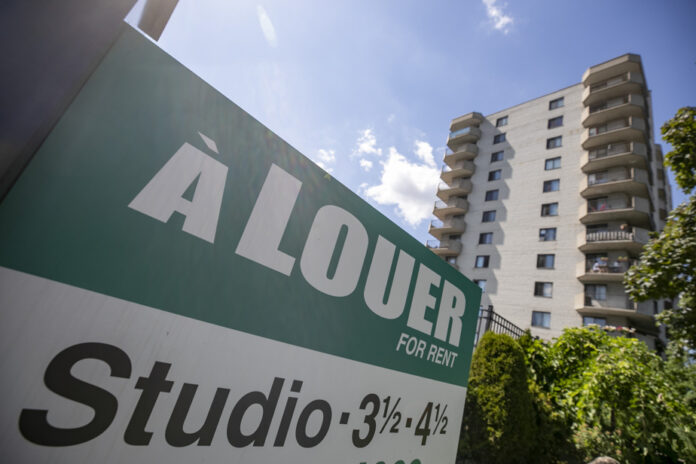On the eve of the wave of housing that will become available for occupancy on July 1, I can only wonder about the respect of tenants’ rights. In this text, I address the issue of security deposits required by many landlords, without asking potential tenants for any other information, such as a credit check or references from previous landlords. It is not a question here of the amount that we can voluntarily and legally offer in the event that we have been evicted from a dwelling in the past, for example. I therefore address the question of illegal sums.
Offending owners can only be denounced if we have signed a lease with them. It is therefore necessary to sign a lease with illegal conditions and then file a complaint with the Administrative Housing Tribunal (TAL). However, this judgment on our lease can only apply to our lease, which is the subject of the complaint. So the landlord has no incentive to stop his illegal practices since the decision can only relate to your lease.
Conversely, all TAL decisions on offending tenants are public. And, legally, a landlord can use a decision as grounds for refusing to rent if the name of a potential tenant appears in it as having been at fault in his obligations in the past. However, as I mentioned before, for a landlord to be officially at fault, you must have a lease.
An article in The Canadian Press on bogus landlord fraud1 advises readers that the Civil Code of Quebec prohibits landlords from demanding a security deposit (article 1904): the landlord cannot demand that each installment exceed one month’s rent; he can demand in advance only the payment of the first term of rent or, if this term exceeds one month, the payment of more than one month of rent.
However, according to this same article, the fact that an advertisement indicates that the security deposit is compulsory “should put a flea in the ear of several potential victims”. It is true, but it deserves to be nuanced. Indeed, just search for “Quebec security deposit” on Google to find reports in various media, including La Presse, which count several owners at fault. In addition, if you contact rental advertisements to obtain more information, some landlords and real estate companies will tell you that you must give an amount other than that corresponding to the first month’s rent without even asking you for more information. Some owners will even provide a tab on their website for security deposits. These sums are added to the payment of the first month’s rent. The same first month’s rent that is increasingly expensive and scarce due to inflation and the housing crisis.
So if real and fake landlords demand security deposits, how do we really protect the population from scammers? How do we protect the rights of all people looking for housing?
If landlords can protect themselves before signing a lease, people looking for housing should actually be able to do so too.


















